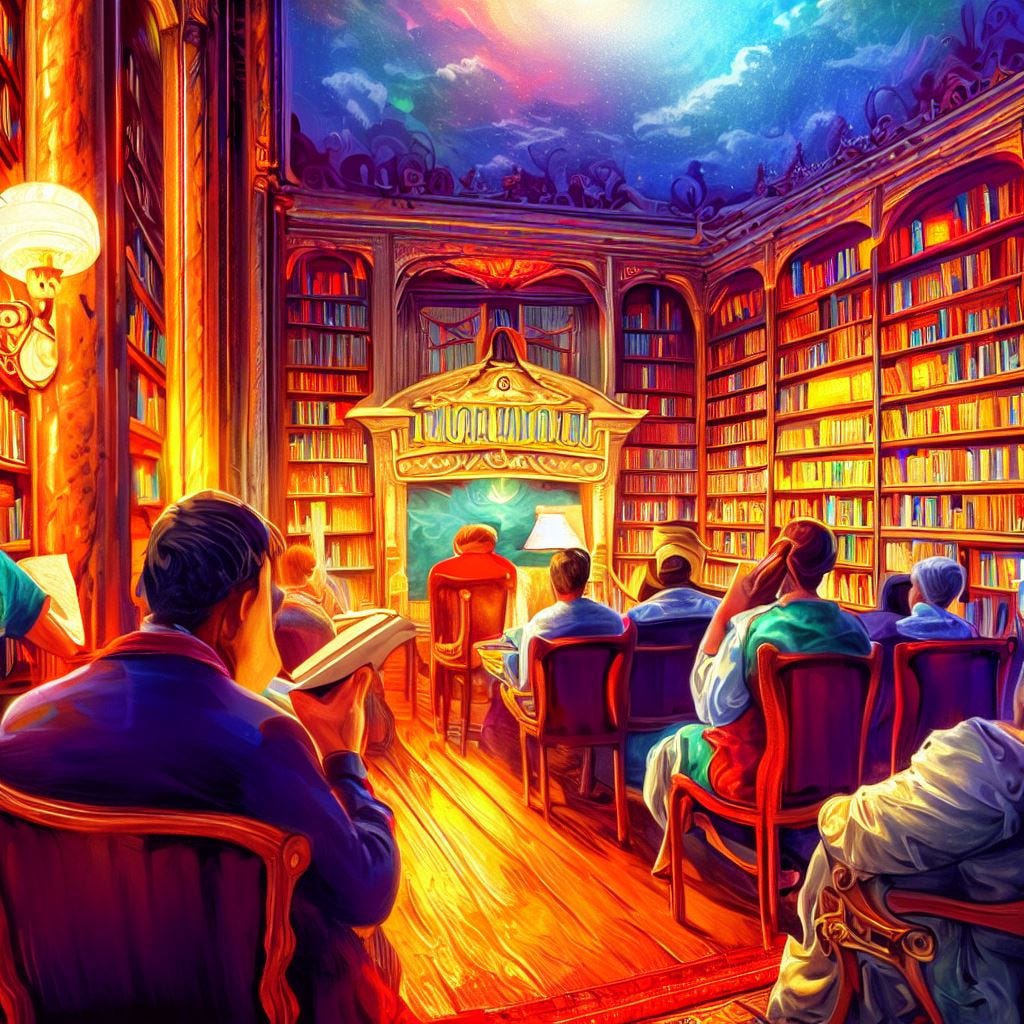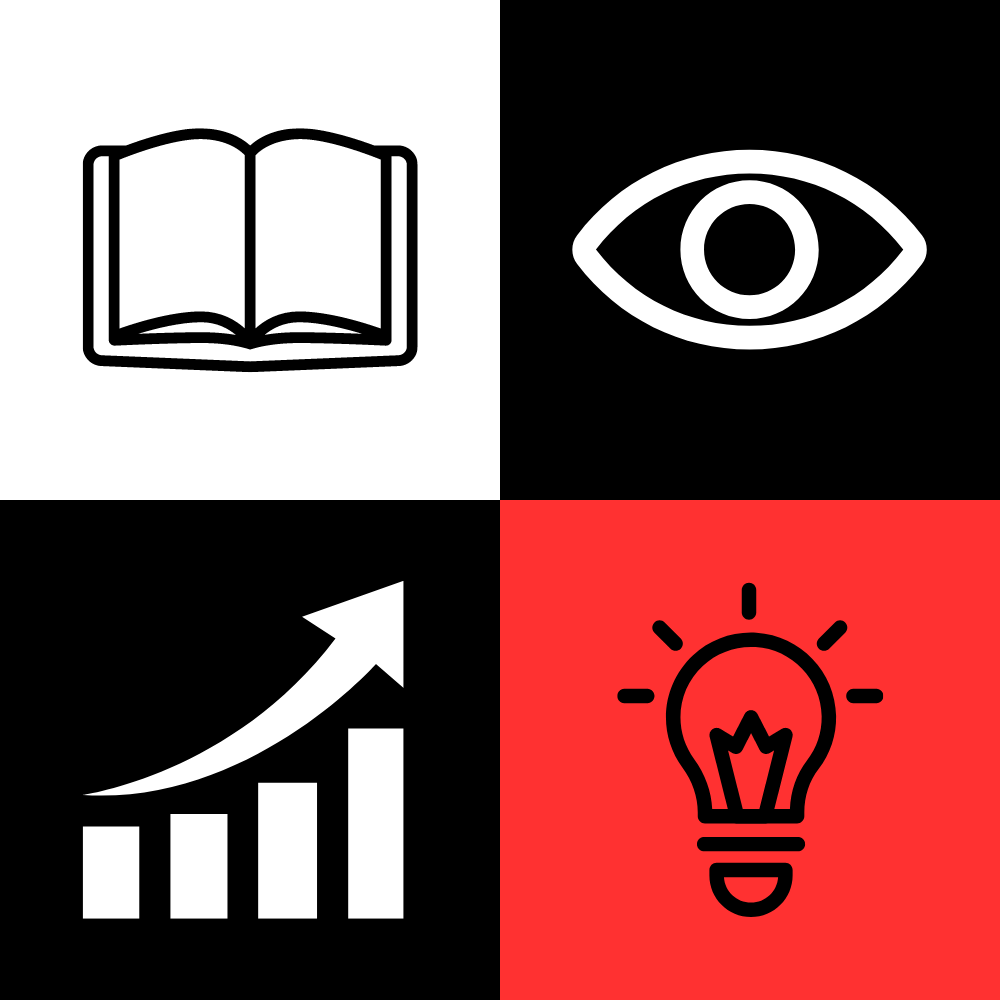Publishing will never be the Same
The Rise of AI-Generated Books: Amazon's Three-Book Limit and Its Impact on Writers
Philip Milton Roth was a prominent American novelist and short story writer. Once, he quoted: When you publish a book, it's the world's book. The world edits it.
Well, little did Roth know, this quote is no longer valid in the present times.
Or, if it has to make sense anyway, the alternate quote should have been: when a human publishes a book, it’s the world’s book. The humans of the world edit it.
It won’t take much to offend him, change the word publish to generate in the quote and here you go, the sentence still makes sense — thanks to the extraordinary world of AI we are living in.
I don’t know about you, but I am sure Amazon can resonate with what I just did there.
I.
Three books a day keep the AI at bay — and putting AI writers to dismay

In a post that Amazon published on Sept-18 2023, it wrote:
… in order to help protect against abuse, we are lowering the volume limits we have in place on new title creations.
According to the Guardian, the limit is set at three titles (however, the volume — according to the post — might get adjusted in some cases). This means that the authors cannot self-publish more than 3 books using Amazon KDP — the self-publishing service for print and digital books on Amazon.
Gizmodo reported that this decision came just after the release of the book Fire and Fury: The Story of the 2023 Maui and its Implications for Climate Change, which is a self-published book about the Maui wildfires.
The special thing about this book? The ‘non-fiction’ book came 2 days after the actual wildfire broke out. The story was written quickly containing around 86 pages, the author is anonymous, and the actual sources are missing.
Seems suspicious? Sure it does.
Sarah Bean, a marketing manager for self-publishing book service BookLaunchers, told Forbes that this book is speculated to be written by AI.
“The lack of a biography on the author, the bad reviews, the short page count, and the quick turnaround time all raise alarms,” says Sarah in the Forbes report.
This book is just one out of a plethora of other AI-generated books in the Amazon.
The rise in the number of AI-generated books is obvious. You can see this for yourself by going here. There are books which are coauthored (or authored in some cases) by ChatGPT, listed in sections that span 13 pages on Amazon. This accounts for nearly 200 books that are, either directly or indirectly, generated by AI — either fully or partially.
So where are we going with this? Will there now be two souls — one conscious and other algorithmic — in writing?
II.
What does this mean for the ‘human’ Writers?
Well, apart from putting the word ‘human’ in the heading of this section, the onset of generative AI has had an impact on the writing sector for a while.
Right now, as I am writing this, the amount of AI-generated books on Amazon is over 200. Some of them even made it to the bestsellers list.

What does this mean for writers? Well, it all comes down to how writers present themselves and stand out in the era of AI.
Firstly, now it’s more than important for authors to create their own identity. They need to, in simple words, create a personal identity/brand for themselves that their audience can resonate with.
Alex Mathers1 has done quite well in educating budding writers about the importance of personal branding. Similarly, Scott Alexander2 is also a prime example of how authors can still carry their own identity even under a pseudonym.
Secondly, creating emotion-driven writings has been crucial. Writings that carry a unique style that communicates directly with the emotions of the readers are something that will truly separate writers from AI generators. This is true for technical and non-fiction writings as well.
Humans were, and still are, ahead of AI in terms of emotions. The human touch cannot be replaced by interpreted algorithm codes.
Both of the above factors—personal branding and emotion-driven writing — are crucial for the next generation of writers. Humans write for humans. One puts their entire knowledge into the margins of a paper. Other reads from it and grow their knowledge. If this is not a direct analytical connection among humans, its an emotional connection nonetheless.
Of course, we don't need humans to write impactful stories for computers because frankly, it’s of no use to them; unless you are training an AI model to be the next ChatGPT.
The model would instead appreciate if you transfer your knowledge in an emotion understood by them: in the language of algorithms, weights, and data.
III.
Millions of Neural Nodes vs. Million Million Brain Neurons
“If you try to create a thinking machine, then it will pose a threat to our existence”
— Stephen Hawkings
Remember the above quote by the famous physicist Stephen Hawking? He wasn’t wrong.
Most people began to like Hawking after reading his book ‘The Brief History of Time”. It is one of my favourite books, and so is the case with millions of people around the world. People like his works, partly to understand how the universe worked, but also partly because people want to know how he — as an arguably genius astrophysicist — understood the universe.
Practically, The Brief History of Time is no better than an average undergraduate textbook in astrophysics. But given a choice to spend your boring evening with one of either book, you would probably choose Brief History.
Why? The readers find an emotional bond with Hawkings, whether it is his humourous storytelling about the universe, or his unique way of telling numbers (like, saying billion billion billion stars instead of standard 10^27 stars), or his unique way of distilling complicated physics concepts into simple matter (no puns). The reader is taken on a journey with Hawkings: a journey inside his mind.
And that is the true essence of reader-writer relations!
An engaging book tends to perform better than a non-engaging book. Ever seen Euclid’s book Elements at the top of the charts? Well, fun fact, it is one of the most printed books after the Bible, with over 1000 editions issued.
This tells us one crucial thing about publishing a book. It is nothing but the act of dispersing and absorbing the knowledge. Great books have great potential to convey facts and information.
A million-token-powered AI machine seldom captures the thought made by million million neurons of the human mind. Sure, we got to see that it outperforms human in various creative task and solve captchas with better accuracy.
But even after that, even after it seems to beat the creativity of humans at multiple levels3 , the real question is: can it beat the reader-writer relationship?
Humans have an emotional touch while doing anything. We put ‘ambitions’ and ‘purpose’ into everything we do; which is us romanticising and putting emotions into doing things we love.
Similarly, the same trait is exhibited while writing a book. Whether it is the reader reading about the fantasy wonders of a wizard school; or the seemingly not-so-brief history of time and universe; we yearn for that enjoyment.
I write this newsletter because I enjoy it. And you read the newsletter because you enjoy reading too. Can AI mimic that? No, they haven’t (yet).
IV.
What’s next
Writers of now — as well as the writers of the future — need to learn how to tackle AI. They can either embrace AI and increase their productivity (which is possible only if it’s done right), or ignore AI and focus on honing their own crafts and outperforming it (which is possible only if it’s done perfectly).
Amazon's three-books-a-day policy seems good in a way. However, its effectiveness is shown only if strict reviews and conducts are being done to detect AI-generated work.
Amazon’s policy requires the authors to label their work as AI-generated if they have used the help of AI. The company policy says the following:
“We require you to inform us of AI-generated content … when you publish a new book or make edits to and republish an existing book through KDP”
Letting readers know whether they are reading an actual book or an AI-generated book, is important.
This is not to discourage the writers who want to "generate" their books — even Amazon doesn’t penalise authors who do that — but labelling books in such a way allows the readers who choose to read the book consciously to know whether the book is AI-generated or not.
According to a Guardian report, Amazon said the following in a statement earlier this month:
“Beginning today, when you publish a new title or make edits to and republish an existing title through KDP, you will be asked whether your content is AI-generated.”
The timing of this perfectly aligns with the ongoing struggle of writers over AI-generated works.
Recently, the Hollywood writer’s strike came to an end after gaining their first-ever protection against AI in its memorandum of agreement.
The emotions ran high. Reacting to this, an author tweeted the following:
"As an author, I genuinely want to kiss the feet of the WGA who got the studios to commit that AI isn't writing… Stuff like this tends to trickle down through industries."
In a Forbes article, a Los Angeles-based entertainment and employment attorney Camron Dowlatshahi, holds the opposing opinion about AI:
"AI is about to perform amazing feats in many industries, and Hollywood is no exception..”
However, according to the same article, he believed that AI lacks at — guess what— emotions.
“AI is still not pumping out scripts that are as good or entertaining as the jokes and plotlines written by humans”
Observing the strikes, and the dissent on the AI-generated article, three things are clear to me —
The impact of AI can’t be ignored. More and more AI-generated books would flow throughout the internet. However, readers have to consult these books at their own risk.
Human emotions are still prevalent. This is true for every sphere in one’s life. AI cannot replicate that. Naturally, we are drawn to stuff in which we have instilled our emotions.
Transparency is the key. Just like Amazon urge its writers to label their published work, other institutions must disclose whether they have used AI or not. This ensures the responsible use of AI.
Using AI is not necessarily bad. However, not disclosing whether your work is AI-generated or not, is where — in my opinion — the ethical lines are really crossed.
If, from the community of writers, I were to rewrite the quote in the tone of Rothe, and the format of another famous AI-detected work, the US preamble, it would be as follows:
A published book should be of the people, (mostly) by the people, and to the people.
He writes Mastery Den and Untethered Mind on Substack
He writes Astral Codex Ten on Substack.
Assessing Creativity in LLM is a tough nut to crack. How can we even begin? One side says that AI is NOT creative — as it can’t come up with novel ideas that are not present in the input itself. However, the other side claims AI has outperformed humans in coming up with creative solutions. However, as I read more reports, I don’t see significant ‘outperformance’. Even if AI outperformed humans at some tests, the margin of difference wasn’t significant. So to be fair — it is safe to assume that AI haven’t completely outperform human creativity.





